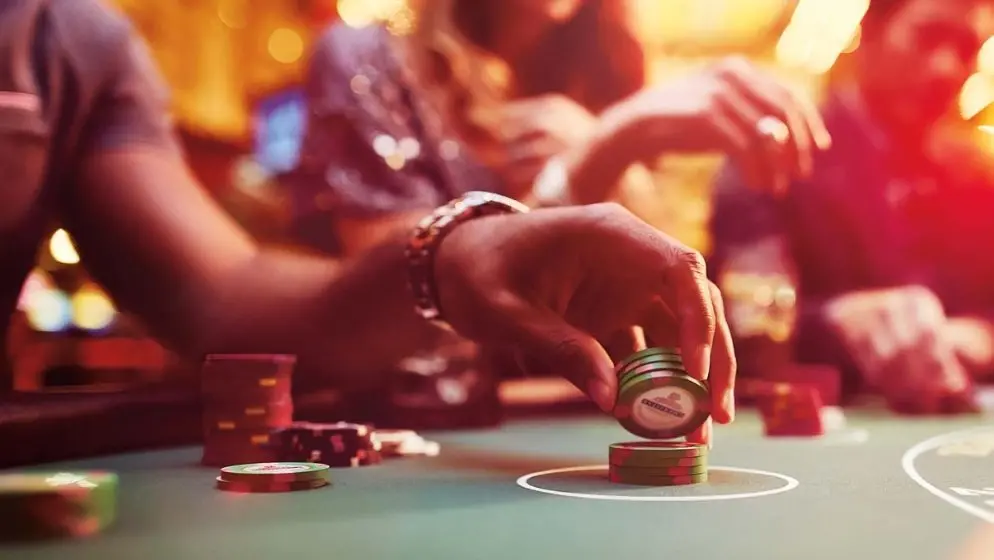Wiseman suggests that psychological behaviors influence how one views luck in their life. He defines luck as either supernatural events, explanations for certain events, or an attribute people possess within themselves.
He found that successful people tend to be more optimistic, setting higher goals and expectations in life. Additionally, they deal with hardship by considering what could have gone wrong instead.
Crossing Your Fingers
Luck is often in our own hands; those who believe they’re lucky may act differently from those who don’t, such as seeking opportunities or seeing patterns in random acts of chance more readily. Researchers have tried to decipher what defines a lucky person and have found some personal traits may correlate with an enhanced perception of luck.
One such trait is optimism. Individuals who exhibit more optimism tend to see themselves and others as fortunate; Hales and Jennifer Johnson’s study found that optimists were more likely to rate real-life stories featuring fortunate events as fortunate, while pessimists focused on unlucky events more strongly. This pattern illustrates confirmation bias – the phenomenon by which people selectively remember evidence supporting their beliefs while dismissing or dismissing contradictory data.
Hanging Upside-Down Horseshoes
People believe that hanging a horseshoe with its open side facing upward can bring good fortune, so hanging one near your entranceway may also bring good fortune.
Some gambling superstitions involve numbers, such as sevens in roulette or blowing on dice to increase odds of success. Others involve specific actions, like using lucky charms and blowing dice for better odds of winning. Superstitions give gamblers an assurance in an arena ruled by chance; giving psychological comfort and security.
Studies suggest that people who view themselves as lucky tend to look for examples of good fortune in their lives and think about how worse things could have been had things gone differently, leading them to form false beliefs about luck despite not meeting all four characteristics of luckiness. Upward counterfactual thinking is a form of causal reasoning which often results in false beliefs of luckiness among these individuals, leading them to feel they possess all four elements necessary for true luckiness.
Investing in a Lucky Coin
Belief in luck can be an extremely potent force for casino gamblers, particularly when combined with superstitions and rituals. Though these beliefs have no impact on random chance, they can provide comfort and provide a sense of control.
Studies have explored the correlation between an individual’s perception of luck and their gambling behaviors and expectations of future success based on past luck, and risk taking behaviors. Researchers discovered that those who believed they were lucky were more likely to engage in irrational betting behavior compared to others who don’t share these beliefs; moreover, those who considered themselves fortunate tended to engage in risk taking behavior, expect future success based on past luck alone, and engage in risk taking behavior with greater frequency than their counterparts.
Richard Wiseman, a British psychologist, has studied luck for more than a decade. He views luck as both an explanation for events as well as an inherent quality that exists within an individual; lucky people possess skills at creating and seizing opportunities for good fortune.
Taking a Chance on a Machine
While luck plays an integral part in gambling decisions, understanding cognitive biases and probability principles can provide more responsible gaming. Employing these strategies may not increase one’s odds of winning; but practicing them may give an increased sense of control and stability when entering uncertain environments.
Many who consider themselves lucky rely on superstitions and rituals to feel in control of their fortune, such as wearing a rabbit’s foot or four-leaf clover; crossing their fingers; knocking on wood; blowing dice; or other practices believed to increase chances of success. Such practices could be related to either Gambler’s Fallacy or Clustering illusion causing people to perceive patterns among random events as patterns; this leads them to perceive hot and cold streaks within events, creating superstitions such as these.
But research has also shown that attitude can play a key role in how likely someone feels lucky. Optimists tend to perceive themselves as having good fortune while those who believe bad luck is coming their way are less likely to view themselves as lucky.





